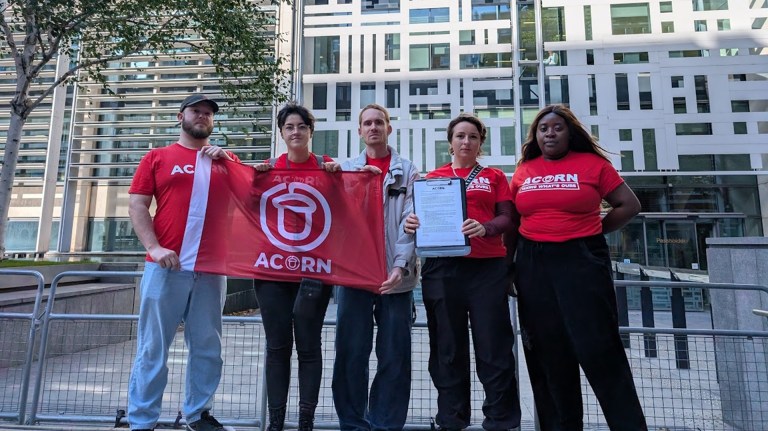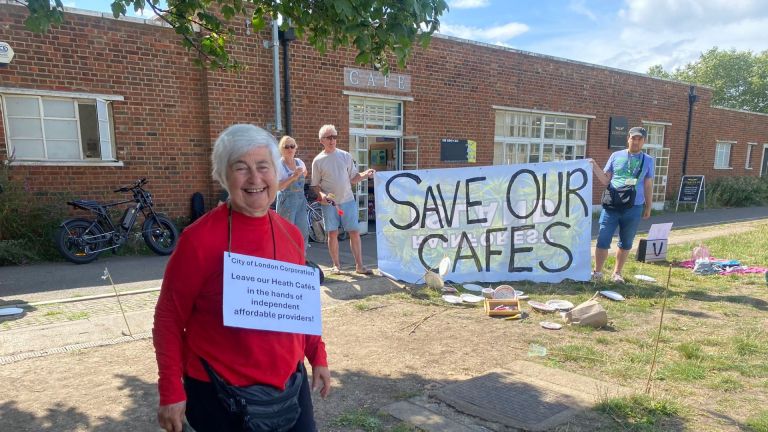The number of full-time unpaid carers has soared by 70% in two decades, a new report has found, as “rising demand and shrinking supply” pushes England’s social care system to breaking point.
The number of people providing 35 hours or more a week of care increased from 1.1 million in 2003/04 to 1.9 million in 2023/24, a new Institute for Public Policy Research (IPPR) paper shows.
Meanwhile, demand for care has surged – mostly from working age adults. There were 1.8 million requests for support in 2015/16, compared to 2.1 million in 2023/24. Requests from those aged 16-64 grew by 31.5%, compared to a 9% increase from those aged 65 and over.
Read more:
- Over 1.5 million Brits are unpaid carers for over 50 hours per week. Too often, they’re ‘invisible’
- ‘It will be a crisis’: Adult social care pushed to the brink by government’s overseas care worker ban
- I’m a social worker – don’t judge me for it
The research – carried out by the Joseph Rowntree Foundation on behalf of IPPR – reveals a “nation of carers”, says Liberal Democrat leader Ed Davey. Davey is himself a carer – as a teenager he looked after his mother after her bone cancer diagnosis, and he currently looks after his disabled son John.
“Most care happens not in care homes but in people’s homes; provided not by paid care staff but by family members and other loved ones,” Davey said. “Parents and grandparents, husbands and wives, siblings and children. We don’t talk about it much, but we are a nation of carers.










